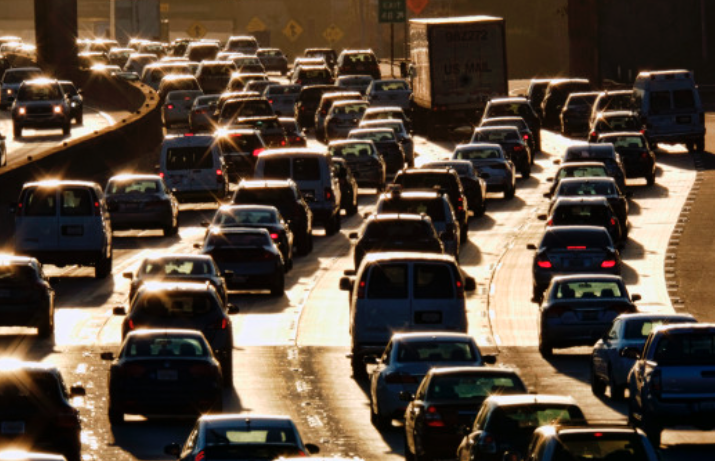CommentsLA WATCHDOG--“This has to be about congestion relief, not revenue.” Mayor Eric Garcetti.
The Metropolitan Transportation Authority is considering three alternative congestion taxes that would raise between $12 billion and $103 billion over the next ten years.
On the low end, there is the Cordon tax scheme that kicks in when you cross a boundary into the congested area like DTLA, Hollywood, Century City, or the Westside. On the high end is the Vehicle Miles Travel (VMT) tax that dings motorists for miles travelled. In between, at $52 billion over ten years, is theCorridor tax for driving on congested freeways and streets.
Mayor Eric Garcetti has said that this proposed levy is “about congestion relief, not revenue.”
According to Garcetti, Metro’s “congestion relief pricing” plan is not designed to raise money to finance his $26 billion “28 for ’28” initiative that calls for Metro to complete eight additional projects in addition to the twenty designated in Measure M (the 2016 half cent increase in our sales tax) in time for the 2028 Olympics.
But we all know that is pure baloney as Garcetti does not have any problem in hitting us up for more of our cash.
According to Metro CEO Philip Washington, the proceeds from the congestion tax will be used to fund the $26 billion “28 by 28” initiative (assuming no cost overruns) and free fares for all transit riders. These funds will also be used to fund Metro’s growing bureaucracy, higher salaries and benefits for its nearly 10,000 employees, and ever increasing pension and medical contributions.
In addition, the congestion tax will be needed to pay for the billions in cost overruns and time delays associated with many of Metro’s projects, including the Regional Connector in DTLA that was featured on the front page of Sunday’s Los Angeles Times.
There are also other expensive cost overruns and delays, including those associated with the Expo Line, the Purple Line extension from Western to La Cienega, and the extension of the Gold Line.
Metro appears to be a bumbling bureaucracy, characterized by cost overruns, delayed completion dates, and declining ridership, all financed by a 2% sales tax that provides the agency with over $3 billion of our money.
Before Metro and its politically appointed Board of Directors approve a congestion tax, Metro must become a more transparent organization that uses our tax dollars efficiently.
We should also demand that Garcetti and the Metro Board of Directors back up the statement, “This is about congestion relief, not revenue,” by including a reduction in our taxes equal to the amount of the congestion tax.
For example, if the congestion tax were to raise $1.5 billion a year, this amount at would be offset by a reduction is our sales tax of 1%, an amount equal to $1.5 billion.
Of course, asking a politician to honor his word may be too much to ask, especially when it comes to picking our pockets.
(Jack Humphreville writes LA Watchdog for CityWatch. He is the President of the DWP Advocacy Committee and is the Budget and DWP representative for the Greater Wilshire Neighborhood Council. He is a Neighborhood Council Budget Advocate. He can be reached at: [email protected].)
-cw
















